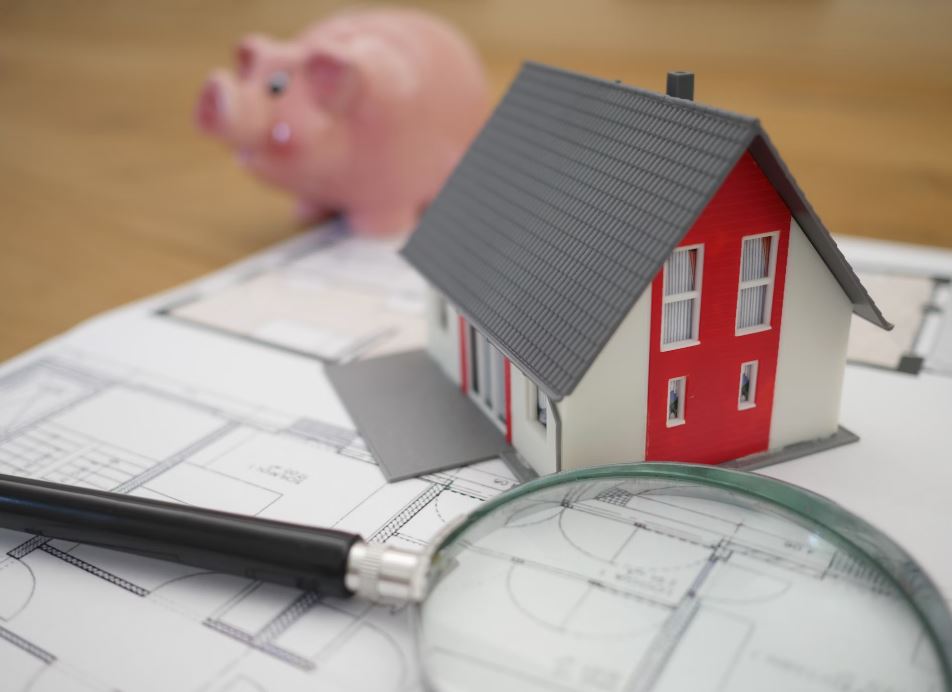Foreclosure – it’s a word that can send chills down any homeowner’s spine.
But what exactly does it mean when your home goes into foreclosure, and what kind of chaos can it unleash in your life?
A lot of bad things. Foreclosure can really shake up your life in a number of ways, hitting your wallet, your personal life, and even your neighborhood.
In this post, I’ll go over all the major consequences of foreclosure.
What Is Foreclosure?
Foreclosure is basically when a mortgage lender tries to get back the money they loaned you because you’ve stopped making payments.
Usually, this means they’re going to force the sale of whatever you put up as collateral for the loan – which, most of the time, is your house. They do this to try and get back the money you owe them.

Also Read: How to Prevent Foreclosure
This whole thing kicks off when a homeowner misses a certain number of mortgage payments.
But it can also kick in if you break other rules in your mortgage paperwork.
Foreclosure Process
Now, the way foreclosure goes down can be a bit different depending on where you live and who your lender is, but it generally follows a similar path.
It starts when you miss a mortgage payment, and then your lender sends you a demand letter saying you’re in default.
If you can’t catch up on those payments or work something out with your lender, things keep moving forward. Sometimes this involves the lender taking you to court to foreclose on your property, and other times they can do it without getting the courts involved.
We have a detailed guide of this here.
The whole thing usually wraps up with your property being sold, often at a public auction.
Consequences Of Foreclosure
Going through foreclosure is no walk in the park. It’s long, it’s stressful, and it can really mess things up for you. Here’s what you’re looking at:
#1 Credit Ratings Plummeting
One of the first and biggest hits you’ll take with foreclosure is to your credit score.
We’re talking a nosedive of 100 points or more, and that foreclosure is going to stick around on your credit report for seven whole years.
This is going to make life pretty tricky for a while. Need a new car loan? Good luck with that. Thinking about getting a new credit card for emergencies? That’s going to be a tough sell.
Even something as basic as renting an apartment can turn into a real headache.
#2 Risk Of Being Sued
Even after you’ve lost your home, you might not be out of the woods yet.
If selling your home doesn’t cover everything you owe on your mortgage, the lender might come after you for the rest of the money. This could mean getting sued for whatever’s left.
If they win, they could start garnishing your wages, which is a fancy way of saying they’ll take a chunk of your paycheck before you even see it.
They might even go after other stuff you own to make up the difference.
Apart from this, if you don’t leave when they send you a notice of eviction after the foreclosure, you could end up in court too.
Also Read: Sell Your Home Fast – Stop Foreclosure
This can leave a permanent black mark on your rental history.
#3 Downgrading Housing Quality
After foreclosure, finding a new place to live can be a real headache.
With your credit in rough shape and a foreclosure on your record, it’s going to be tough to get approved for a new mortgage or even rent a nice place.
Landlords are going to see that foreclosure on your record and get nervous.
So you might find yourself having to settle for places that aren’t exactly what you had in mind.
Maybe it’s a smaller place than you’re used to, or in a neighborhood that’s not your first choice. Or maybe the landlord isn’t great about making repairs.
#4 Huge Financial Losses
Foreclosure often means kissing a lot of money goodbye.
You lose any equity you’ve built up in your home, plus any chance of making money if the property value goes up in the future.
On top of that, you’ve got all the costs that come with the foreclosure process, like legal fees and penalties, which can really drain your bank account.
Also Read: Selling home at a loss
This financial hit can set you back for years, making it tough to save up for future goals or investments.
#5 Net Worth Declination
Losing your home and dealing with all the money troubles that come with it can really do a number on your overall financial picture.
For most people, their home is their biggest asset, so losing it can set you back financially for years.
This drop in net worth isn’t just a numbers game – it can have real-life consequences.
It might mean pushing back retirement plans, or struggling to finance your kids’ education.
Rebuilding your net worth after a hit like this is possible, but it’s going to take time, probably years, and a whole lot of financial discipline.
#6 Horrible Consequences For Neighborhoods
Foreclosure doesn’t just affect you – it can affect your whole neighborhood.
Areas with lots of foreclosures often see property values drop, more crime, and the community spirit kind of fizzles out.
This can create a domino effect, potentially leading to even more foreclosures in the area.
Read more about this here: How Distressed Homes Impact Your Home’s Value
#7 Other Effects of Foreclosure
Beyond all the legal and financial stuff, foreclosure can really mess with your head.
Families and marriages going through foreclosure are under a ton of stress, and many don’t fare well.
Can I Get My House Back After Foreclosure?
Getting your house back after foreclosure is pretty tough, but it’s not always impossible.

In some states, you might be able to get your house back after foreclosure through something called “Right of redemption.” If you can come up with the cash, you might be able to buy your house back for the amount it sold for at the foreclosure sale.
You might also have to pay interest to the person who bought the house after foreclosure.
Depending on your state, you might have anywhere from 30 days to two years to try this.
But let’s be real – if you just went through foreclosure, coming up with that kind of cash is probably not in the cards.
In rare cases, you might be able to talk the new owner into selling the place back to you, but you’d need some serious money to make that happen.
How To Avoid The Consequences Of Foreclosure
The best way to avoid all these consequences is to avoid going into foreclosure in the first place. And one of the best ways to do it is to sell your house.
If you have time and your home is not in preforeclosure yet, you might consider listing it on the market. But if you’re running out of time, selling to a cash buyer like us could be your best bet.
Here are the biggest pros of selling to an investor:
- Cash buyers can close deals much faster, often in days or weeks.
- No need to wait for mortgage approvals
- Sell your home in its current condition—no need for repairs or upgrades.
- No closing costs or real estate agent commissions
- Cash sales usually involve fewer contingencies
Sell Your Property Fast can provide a quick and straightforward sale and help you pay off your mortgage before the foreclosure process takes hold.
This way, you can protect your credit, avoid the stress, and move on without the long-lasting impact of foreclosure.
It’s a reliable option that can give you a fresh start.
Final Verdict
Foreclosure is no joke – it’s a major life event that can stick with you for years.
It doesn’t just hit your wallet; it affects where you live, what opportunities you have in the future, and even the neighborhood around you.
While going through foreclosure and dealing with the aftermath is definitely rough, it’s important to remember that there are often other options you can try before it comes to that.
If you’re worried about foreclosure, the best thing you can do is act fast.
Talk to your lender, and think about getting advice from a housing counselor or a foreclosure lawyer.

